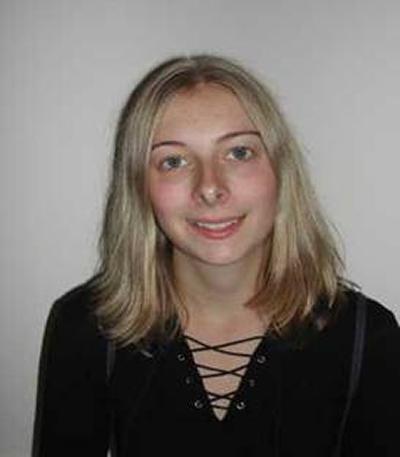Corinne Bailey MSc Audiology

Hi, I'm Corinne Bailey and I studied MSc Audiology within Engineering and the Environment at the University of Southampton.
I chose to enrol in the MSc Audiology as I felt it would further my career prospects and opportunities. Although I had some experience in Audiology, I still found the MSc course extremely challenging. The workload is much heavier, and the emphasis on learning is much more scientific than the BSc.
On completion of my degree in Audiology I was uncertain about the career path I wanted to take within Audiology, and chose to complete the MSc Audiology as I felt it would further my career prospects and opportunities. This short article aims to highlight experiences in a hope to provide guidance for future Audiology undergraduates completing their degrees.
The MSc Audiology is designed for individuals with little or no experience in Audiology, as well as those with some background associated with Audiology. With the BSc Audiology still relatively new, I was the first student at Southampton to go from the BSc to MSc directly; therefore my experience was a new experience for the ISVR as well as myself.
Although I had some experience in Audiology, I still found the MSc course extremely challenging. The workload is much heavier, and the emphasis on learning is much more scientific than the BSc. I found the course challenging for a number of reasons. Firstly the course level is higher; therefore expectation of what should be achieved is greater. There is considerably more expectation on individual and self-directed learning to support material and information provided in lectures and practical sessions. Secondly, the pace of the course is fast and therefore much of the year is very intense. However, there is still some time to socialise! The course was a steep learning curve, even with having experience in Audiology. The style of writing and learning is focused on scientific issues, and it is expected that students challenge and question outcomes of research. This is important during the BSc, yet essential for the MSc.
I found I spent much of my time during the year remaining in Southampton including the vacations, as opposed to spending long periods of the breaks away at home; so this is something to consider. This I found to be similar to the amount of time I remained in Southampton during my fourth year of the BSc; however research projects are completed over the summer. Therefore, realistically you need to be able to be committed to staying around until the end of September in order to complete everything most easily.
"The year was a rollercoaster of emotions, some days very difficult, others really enjoyable. I found at times I did get low, feeling the pressure of the difficulty and intensity of the work; however, I was not alone. The camaraderie within the group was fantastic, with everyone helping each other through the more difficult and stressful times. I found the group was a lot closer than on the BSc, and I believe this is because over the course of the year, most of the week is spent at university studying and practising with fellow students. Yet despite all the difficulties, tiredness, and challenges of the course, I found it extremely rewarding and very enjoyable, and believe I have made friends for life.
As a result of my experience, I choose not to direct readers one way or the other in deciding what future to take, but hope these short remarks on my experience are of benefit. It is very difficult to explain all experiences and aspects of the course in a short article, therefore if you would like answers to more specific questions I would be pleased to answer them. There are increasingly more and more routes developing in Audiology for career progression, so consideration of these is also wise.